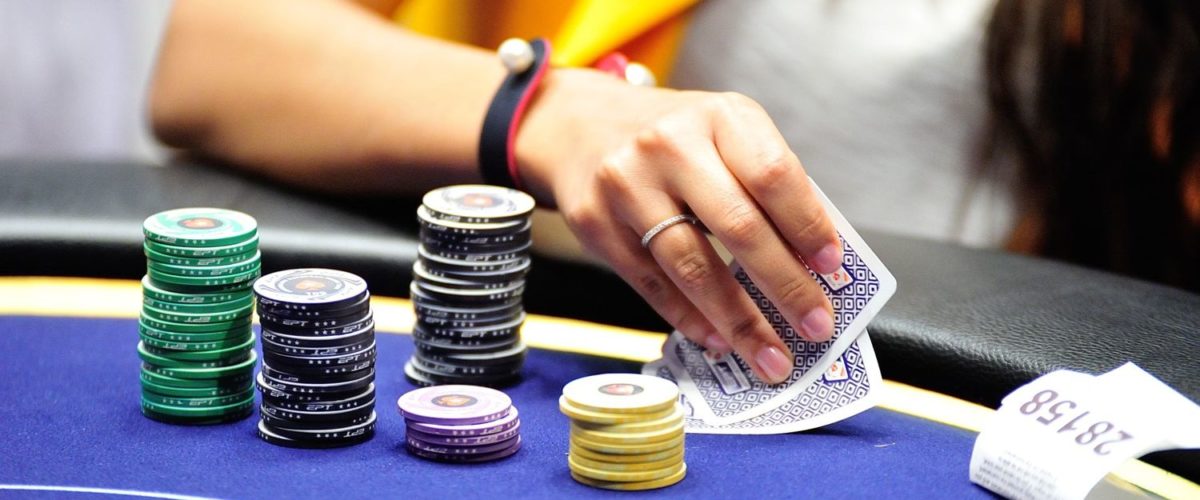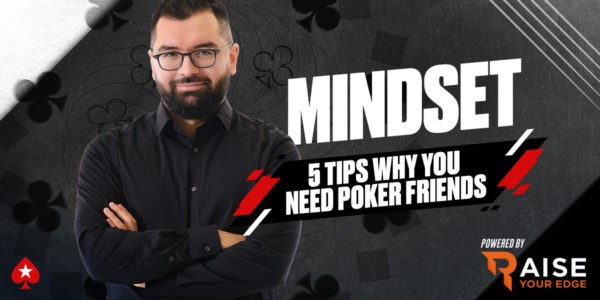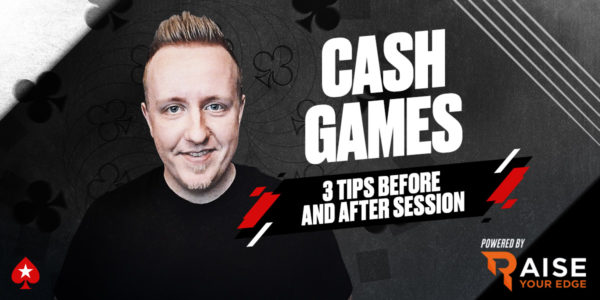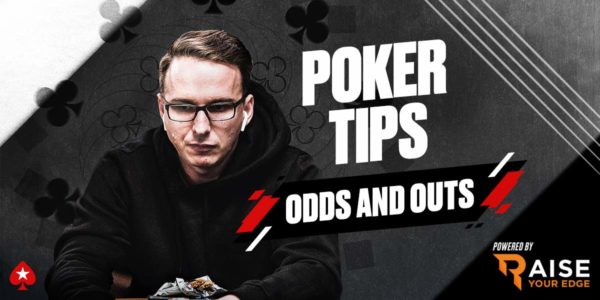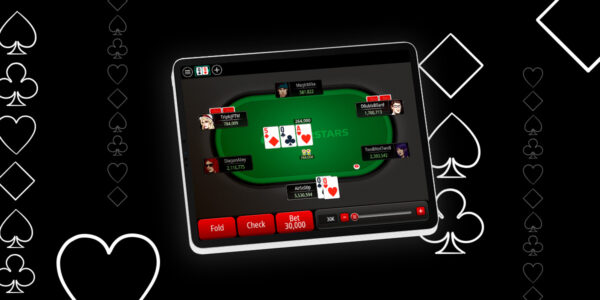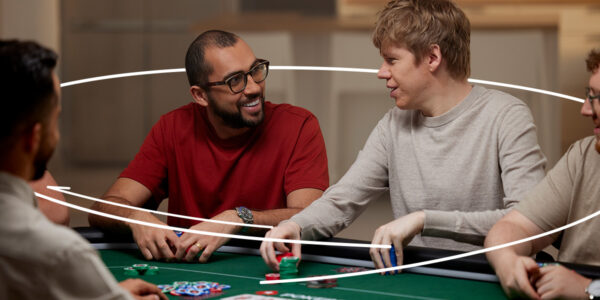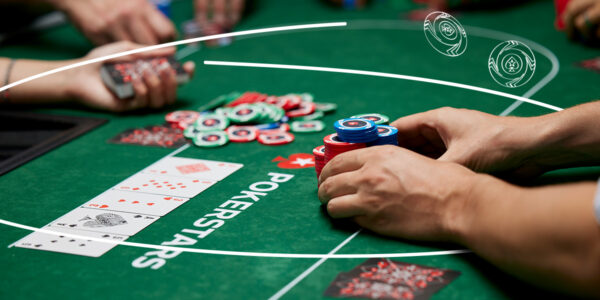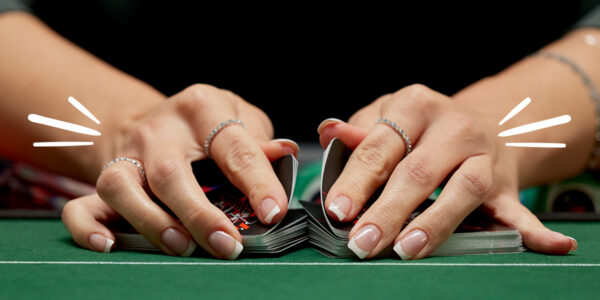The Three Steps to Pulling Off a Big Fold
Making a big fold means laying down a hand of very high absolute hand strength. This means folding a hand that would almost always be the best hand under normal conditions when our reads about the action and the player/general population give us a reason to doubt that we have enough equity to call. Gone are the days where stacking off with top pair is a travesty. In the modern game, aggression is rifer than it used to be, but there are still many spots where our opponents fail to find enough bluffs and end up putting money into the pot with a nutted range.
Hero folding can feel impossible at times. Have you ever had that sinking feeling in the pit of your stomach that tells you your hand is rarely if ever good? Have you ever ignored it due to the monkey on your shoulder screaming about how ‘crazy’ it would be to fold a hand THIS good?
Here is a three-step program for unlocking your folding genius.

Step 1 – Do 5-10 Seconds of Nothing
It is pretty challenging to find a hero fold when you typically snap-call strong hands within a few seconds of facing a large bet or raise. When we have a good hand and our opponent takes some action which demonstrates that there is a significant chance of him having an even better one, a few mental and physical processes take place.
- Adrenaline pulses through the body. The heart speeds up and the mind thinks in a more blinkered and rushed fashion.
- A fight program runs in our subconscious. Being threatened + Holding a large weapon = fight.
- We experience a strong resistance to folding caused by years of NOT folding such strong absolute holdings. The idea of folding repulses us.
We can expel the first two of these feelings by simply waiting and focussing on restoring normal physical and emotional conditions. Let some time pass and accept that you are now in a much lower EV situation than before. You have a very good hand, yes, but this is still not a very lucrative world to be in facing the action you’re facing.
Step 2 – Consider your PRESENT Relative Hand Strength
Relative hand strength is the measure of how good your holding is compared with your opponent’s range given the action (the full picture of what bets, raises, calls etc. people have made up until now); the nature of the opponent, and the board. Feel free to substitute in ‘population’ for ‘player’ when you lack the sufficient information to know which sort of player you are up against.
Your present relative hand strength is how good your hand is now that your opponent has played the way he has, and the board has run out the way it has. The problem here is that our emotions do not cope well with the everchanging relative hand strength created by developments in the action or the runout. When we go from having a very high EV hand to having a more dubious one, there is often a mental backlash as we struggle to adapt emotionally. This can lead to a adrenaline which might result in a stubborn and/or rash decision being taken. Therefore, when it comes to accepting our present relative hand strength, we might need to work on both logical and emotional acceptance.

The key here is to be fully honest about whether your hand still beats most of someone’s range or whether it has become little more than a bluff catcher. If it is mainly just bluffs that you are beating, then you need to consider how often this spot is likely to be bluffed. If the answer if ‘very rarely’ then you are getting closer to being able to pull off that hero fold.
Even if we can accept that our hand is a lot weaker now, there is still that pesky monkey to deal with – the one who screams: ‘Two Pair is too good to be folded!’
Silencing the Pot Attachment Monkey
Why does this part of us feel so attached to the pot when we have a big hand? Because we are used to not folding hands of that strength. When we flop two pair or a set, or get dealt AA pre-flop, our brain corelates that occurrence with winning money, not losing, and certainly not folding. That strong resistance we feel against folding can steer our mouse towards the call button even after concluding logically that we should fold. How often have you come up with a last-minute excuse to call or even found your cursor moving magnetically to the call button even though you don’t believe calling is right.
If you can first accept that your EV has been decimated by the circumstances and that this is a rare and exceptional circumstance, you can realise that your hand is not the powerhouse it would normally be. Therefore, even if calling is okay, it won’t be making much money.
Once we let go of the prospect of being in a profitable situation it becomes easier to find the fold.
Summary
- The first step in making big folds is to give yourself space to calm down and adapt to the new situation.
- The second step is to ask how good your hand is now. Has it been demoted to a mere bluff catcher?
- The third step is to accept that the chance of being in a great situation is gone and let go of the desire to win a lot of money.
Condimentum Nibh
Donec sed odio dui. Cras mattis consectetur purus sit amet fermentum. Vestibulum id ligula porta felis euismod semper. Curabitur blandit tempus porttitor.

